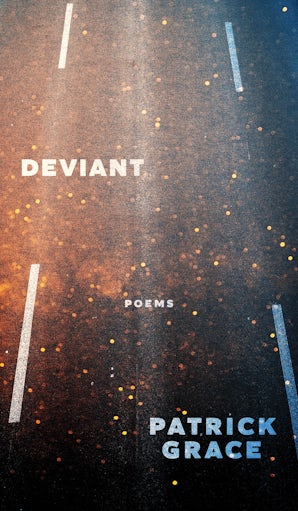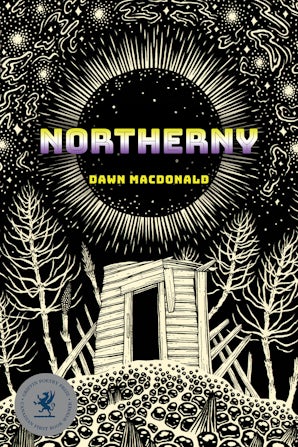Homepage
Featured Titles
New Book by Wayde Compton

Toward an Anti-Racist Poetics
Wayde Compton seeks to dislodge the often unspoken white universalism that underpins literary production and reception today.
View our Spring/Summer 2024 Catalogue
Join Our Mailing List
Blog
Northerny: Growing Up in Canada’s Yukon
Guest post by Dawn Macdonald My father died two weeks after my book, Northerny, came out. He’d had it in his hands but I don’t think he got to the…
Read MoreAn Approach to Poetics that Recognizes Diversity
Guest post by Olajide Salawu Toward an Anti-Racist Poetics by Wayde Compton is the latest title in our CLC Kreisel Lecture Series. Themed around anti-racism, literary cultures, and language, Compton…
Read More100 Days: The Rwandan Genocide
In honour of Poetry Month 2024 and because of our grief regarding continuing global genocides, it seems appropriate to talk about Juliane Okot Bitek‘s debut poetry collection 100 Days, published…
Read More











































